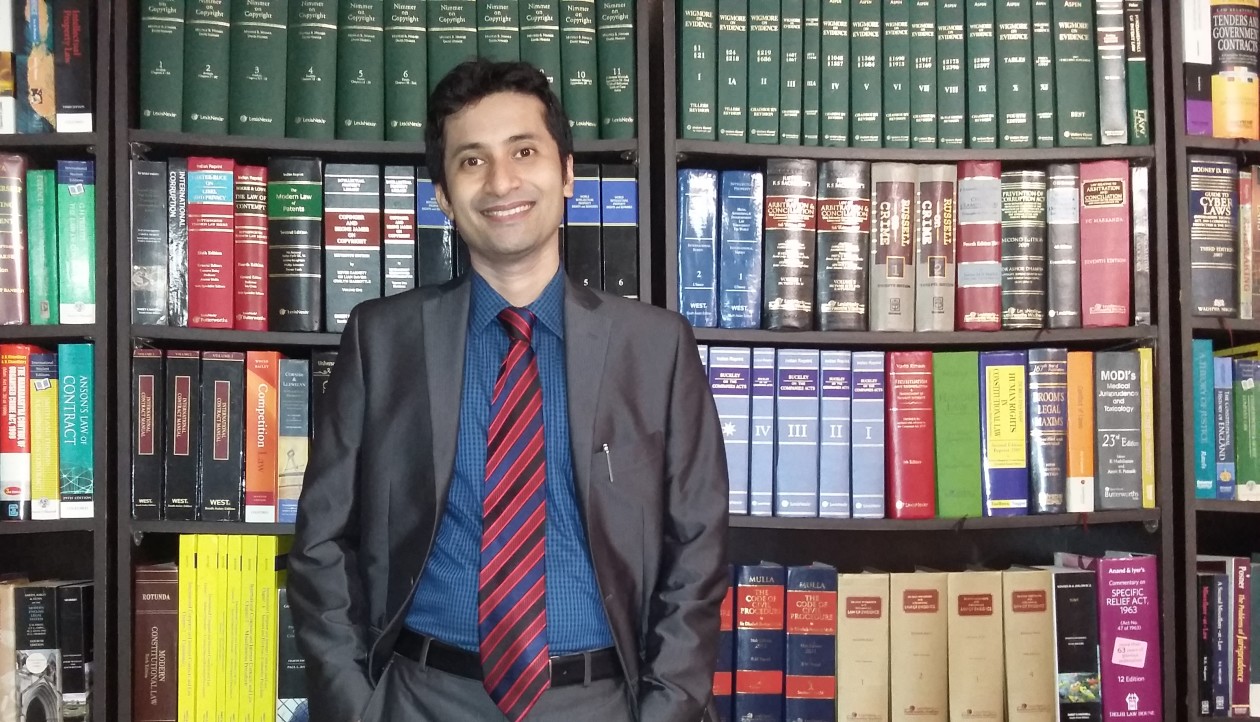In a surprising development, the Appeals Chamber of the ICC has overturned the conviction of Jean-Pierre Bemba, warlord and former vice-president of Democratic Republic of the Congo. Bemba’s conviction was the first ICC case which involved a conviction for sexual violence as well as the first case to find a perpetrator guilty of command responsibility under Article 28 of the ICC statute. Bemba was convicted of crimes against humanity as well as war crimes committed by his Mouvement de libération du Congo (MLC) troops in the neighbouring state Central African Republic (CAR) from 2002-2003 where his troops were invited to quell a coup. Bemba was sentenced to 18 years imprisonment.
Now the Appeals Chamber has held that in the present case the judgment under appeal merited no deference and after evaluating the case de novo came to the conclusion that the charges cannot be sustained. Dealing a deadly blow on ‘command responsibility’ the Appeal Court while acquitting him held that he was not responsible for the excesses of his forces. With respect to military leaders, Article 28(a) of the Rome Statute provides that a military commander is criminally responsible for crimes within the jurisdiction of the Court committed by forces under his effective command and control, or effective authority and control as a result of his or her failure to exercise control properly over such forces, where the military commander either knew or, owing to the circumstances at the time, should have known that the forces were committing or about to commit such crimes and that military commander or person failed to take all necessary and reasonable measures within his or her power to prevent or repress their commission or to submit the matter to the competent authorities for investigation and prosecution.
The Appeals Court has now observed that the scope of the duty to take “all necessary and reasonable measures” is intrinsically connected to the extent of a commander’s material ability to prevent or repress the commission of crimes or to submit the matter to the competent authorities for investigation and prosecution adding that a commander cannot be blamed for not having done something he or she had no power to do. It held that an assessment of whether a commander took all “necessary and reasonable measures” will require consideration of what measures were at his or her disposal in the circumstances at the time which is consistent with international jurisprudence (Strugar Trial Judgment).
The Court has announced that it is not the case that a commander must take each and every possible measure at his disposal. Despite the link between the material ability of a commander to take measures (which is directly connected to his or her level of authority) and what he might reasonably have been expected to do, it is not the case that a commander is required to employ every single conceivable measure within his or her arsenal, irrespective of considerations of proportionality and feasibility. Article 28 only requires commanders to do what is necessary and reasonable under the circumstances.
Commenting on Article 28, it observed that it is not a form of strict liability. Commanders are allowed to make a cost/benefit analysis when deciding which measures to take, bearing in mind their overall responsibility to prevent and repress crimes committed by their subordinates. This means that a commander may take into consideration the impact of measures to prevent or repress criminal behaviour on ongoing or planned operations and may choose the least disruptive measure as long as it can reasonably be expected that this measure will prevent or repress the crimes.
Acquitting Bemba, the Court reasoned that the Trial Court failed to properly appreciate the limitations that Bemba would have faced in investigating and prosecuting crimes as a remote commander sending troops to a foreign country. The First Court failed to give any indication of the approximate number of the crimes committed and to assess its impact on the determination of whether Bemba took all necessary and reasonable measures. The Appeals Chamber also came to the conclusion that Bemba was not sufficiently notified of some factual allegation and hence suffered prejudice as a result of the lack of proper notice.
The Appeals Chamber observed that ‘simply juxtaposing the fact that certain crimes were committed by the subordinates of a commander with a list of measures which the commander could hypothetically have taken does not, in and of itself, show that the commander acted unreasonably at the time. The trial chamber must specifically identify what a commander should have done in concreto.’ It further observed that it is for the trial chamber to demonstrate in its reasoning that the commander did not take specific and concrete measures that were available to him or her and which a reasonably diligent commander in comparable circumstances would have taken. It is not the responsibility of the accused to show that the measures he or she did take were sufficient as Bemba’s troops were operating in a foreign country with the attendant difficulties on Bemba’s ability, as a remote commander, to take measures. This judgment undoubtedly raises eyebrows as the effectiveness of ‘command responsibility’, which is also a customary international law, has now been seriously questioned. The negative impact of this judgment on the future cases before the ICC will be a great loss to the victims of crimes against humanity.
